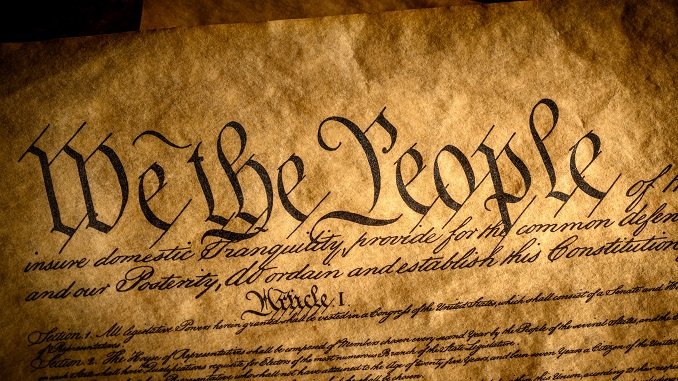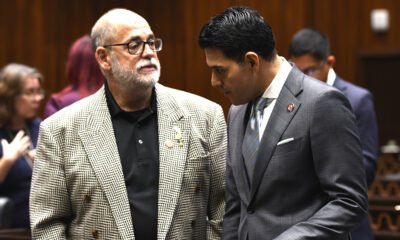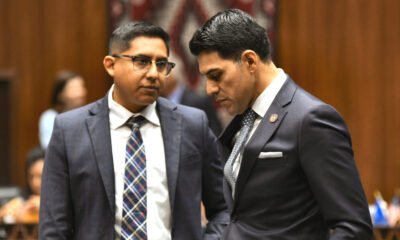congress
The Essential Role of Local and State Government in Everyday Life

By Earl Taylor, Jr. |
The Founding Fathers established a clear principle regarding the delegation of powers to government: only limited and specifically defined authorities should be granted, reserving all others for the people. This principle is articulated in Article 1, Section 8 of the U.S. Constitution, which outlines the approximately 20 areas within which Congress may legislate. However, over the decades, Congress has deviated from this framework, encroaching into numerous domains not specified in the Constitution.
James Madison articulated this foundational idea in Federalist Paper 45, stating, “The powers delegated by the proposed Constitution are few and defined.” In contrast, state constitutions lack such precise limitations, allowing a broader scope for state legislatures. The challenge then arises: How do we delineate the boundaries within which state legislatures, city councils, and county boards operate? The answer lies in the constitutional mandate to “promote the General Welfare.” The powers enumerated in Article 1, Section 8 focus on providing benefits that serve all citizens—military defense, a monetary system, and a federal court system, to name a few.
General welfare signifies that tax revenues must be allocated to services benefiting the entire population, not to individuals or specific groups. This principle should similarly govern state and local governments. City councils, for instance, ought to prioritize projects that universally benefit residents—investments in infrastructure like roads, water systems, and public safety that enhance community life. These assets foster a shared quality of living, which is why they are widely accepted and valued.
Conversely, when government funds initiatives like light rail systems, sports complexes, or arts centers—endeavors that may not appeal to all residents—contention often ensues. These proposals are framed as “Quality of Life” improvements, yet they typically burden taxpayers who may never use these facilities. Such initiatives can lead to substantial disagreement within the community.
The government’s primary role is to protect equal rights, enabling individuals to innovate and produce goods that genuinely enhance quality of life. This framework also allows citizens to allocate more resources towards helping those in genuine need. Power inherently rests with the people; thus, government authority must reflect this. If an individual cannot legally take from one person to give to another, how can the government justify doing so? This raises ethical concerns about the legitimacy of such actions.
As we approach the upcoming elections in November, the decision lies with voters. It is imperative to support candidates who respect individual rights and to reject those who propose using governmental power for initiatives that effectively amount to theft from the populace.
Earl Taylor, Jr. is the President of The National Center for Constitutional Studies.


















